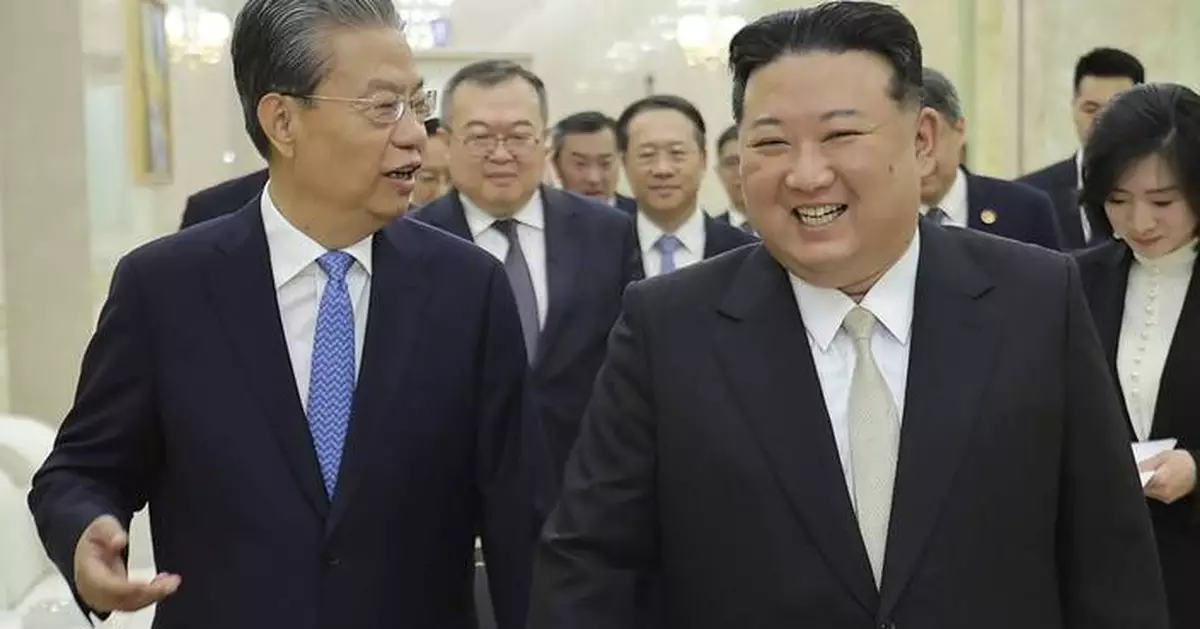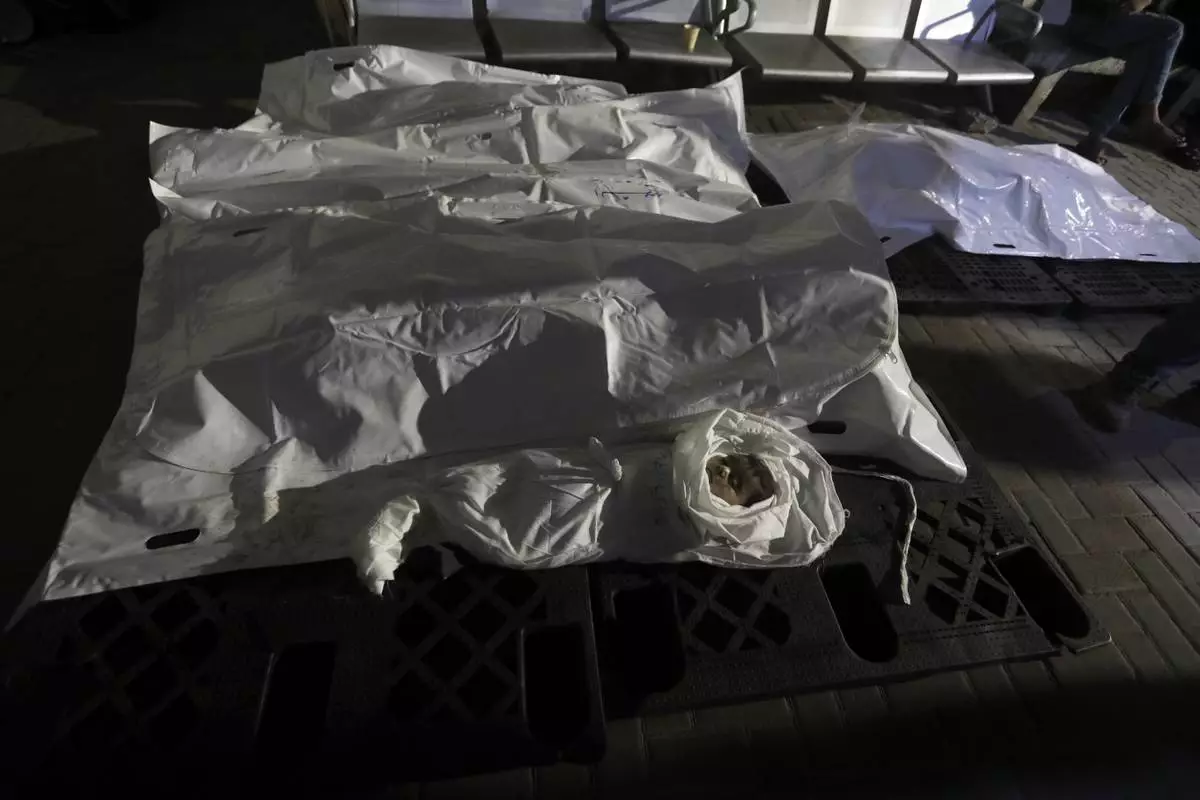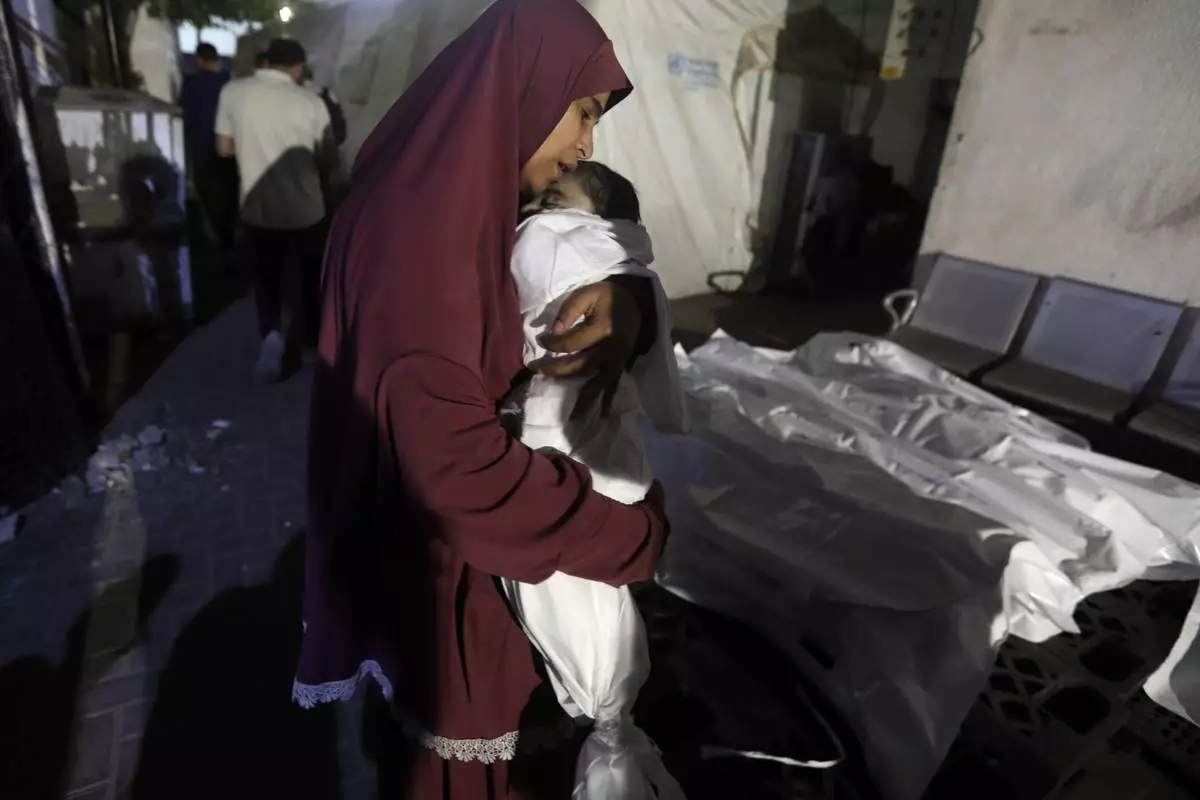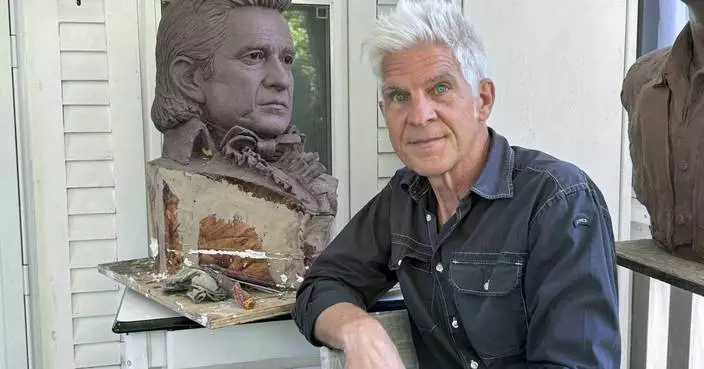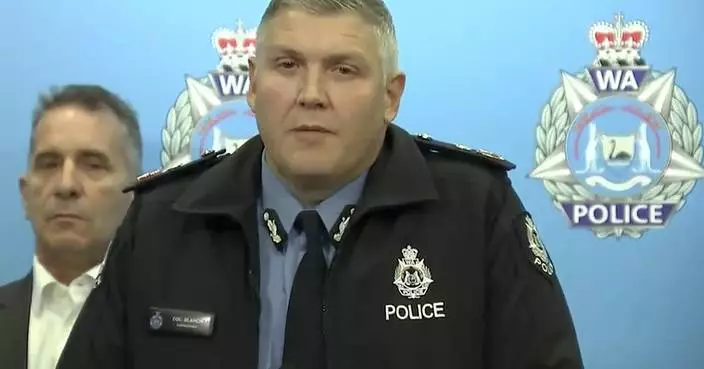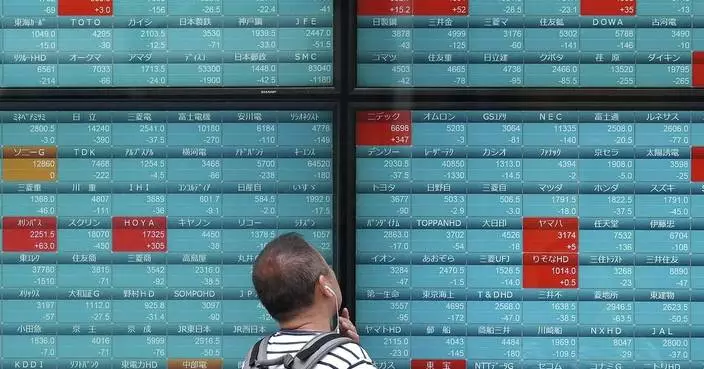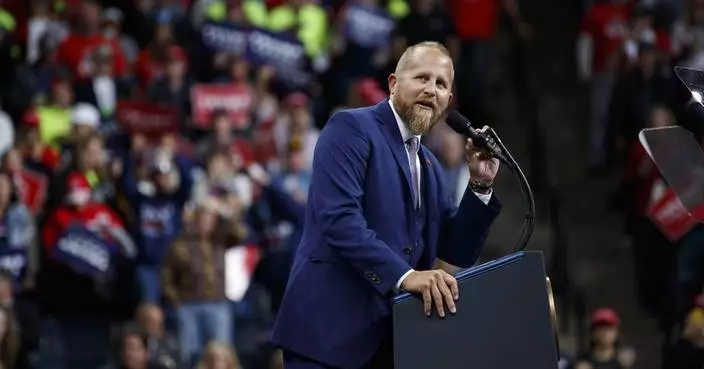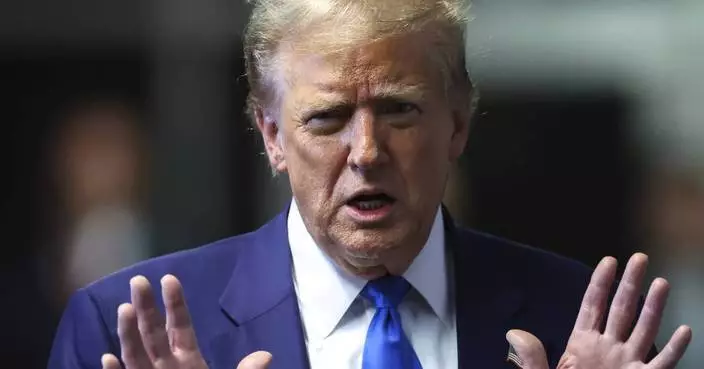SEOUL, South Korea (AP) — A high-level North Korean economic delegation was on its way to Iran, the North's state media said Wednesday, for what would be the two countries’ first known talks since the start of the COVID-19 pandemic.
Embracing the idea of a “new Cold War,” North Korean leader Kim Jong Un is pushing to build up cooperation with countries confronting the United States, as his intensified weapons tests prompted the U.S. and South Korea to expand their military drills.
Pyongyang's delegation led by Yun Jung Ho, North Korea’s minster of external economic relations, flew out Tuesday for the trip to Iran, official Korean Central News Agency said Wednesday. State media did not immediately provide further details.
Pyongyang and Tehran are among the few governments in the world that support Russian President Vladimir Putin’s invasion of Ukraine, and both have been accused of providing Russia with military equipment.
The last known time North Korea sent senior officials to Iran was in August 2019, when a group led by Pak Chol Min, vice chair of Pyongyang’s rubber-stamp parliament, made a weeklong visit. The two countries had active diplomatic exchanges until North Korea sealed its borders in an effort to stave off the pandemic, before a cautious reopening in 2023.
South Korea’s Unification Ministry, which handles affairs with the North, did not immediately comment Yun’s visit to Iran.
North Korea has made efforts for months to boost the visibility of its ties with Russia and China as Kim attempts to break out of diplomatic isolation and join a united front against the U.S.
In 2023, Kim visited Russia’s Far East for a rare summit with Putin, which highlighted the countries’ expanding military cooperation, including the North’s alleged transfers of artillery shells, missiles, and other munitions to Russia.
Earlier this month, Kim hosted top Chinese official Zhao Leji, who heads the ceremonial parliament and ranks third in the ruling Communist Party hierarchy. It was the highest-level meeting between the countries in years.
On Wednesday, Kim Yo Jong, the North Korean leader’s powerful sister, slammed the latest rounds of U.S.-South Korean joint military drills and insisted that the allies will never break the North’s determination to build up “our overwhelming and most powerful military muscle.”
The statement comes a week after U.S. Ambassador to the United Nations Linda Thomas-Greenfield called for the international community to be alert to the possibility of military cooperation between North Korea, Iran and Russia. Iran has been accused of providing drones to Russia for use in the war against Ukraine.
“We are concerned about … the Iranians providing weapons to the Russians and the Russians also supporting efforts to help (North Korea) expand their own research into developing weapons. And certainly, that would be the case with Iran as well,” she said.
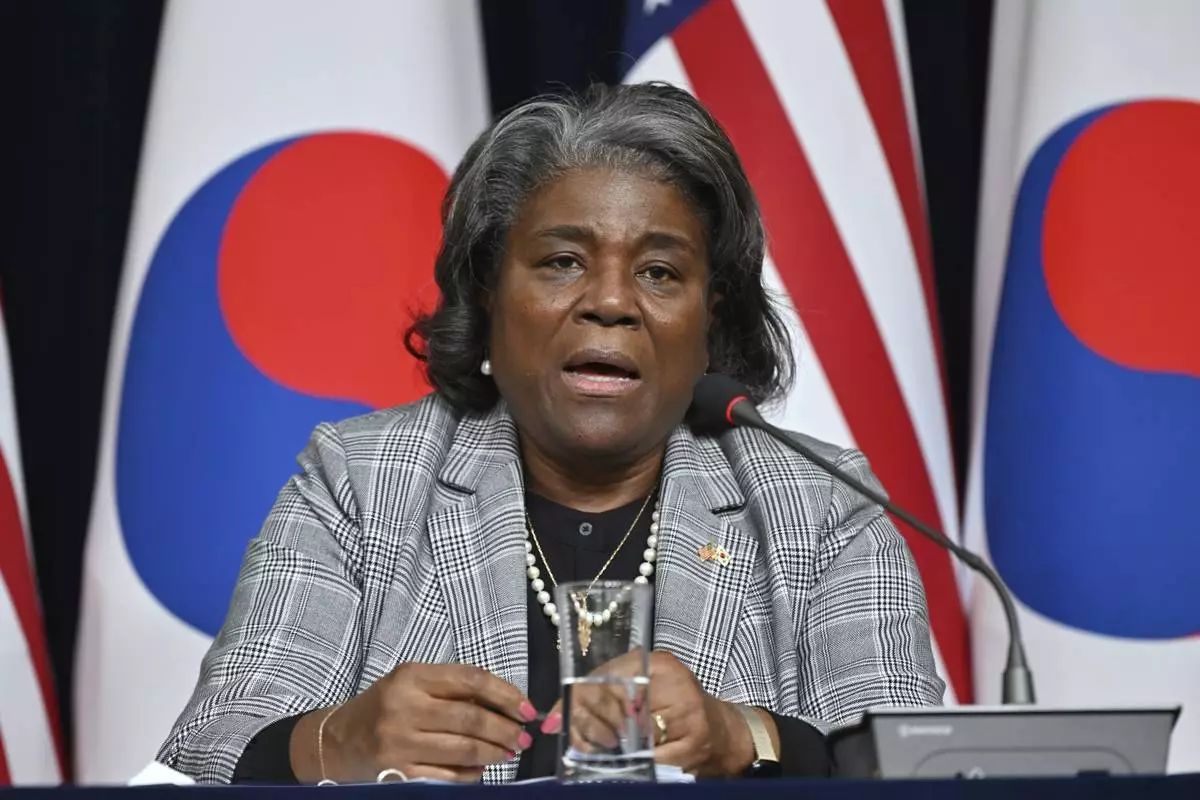
FILE - U.S. Ambassador to the United Nations Linda Thomas-Greenfield speaks during a press conference at the American Diplomacy House in Seoul, on April 17, 2024. A high-level North Korean economic delegation is traveling to Iran for what would be the two countries’ first talks since the start of the COVID-19 pandemic, as the heavily sanctioned nations align in face of their separate confrontations with the United States. (Jung Yeon-je/Pool Photo via AP, File)
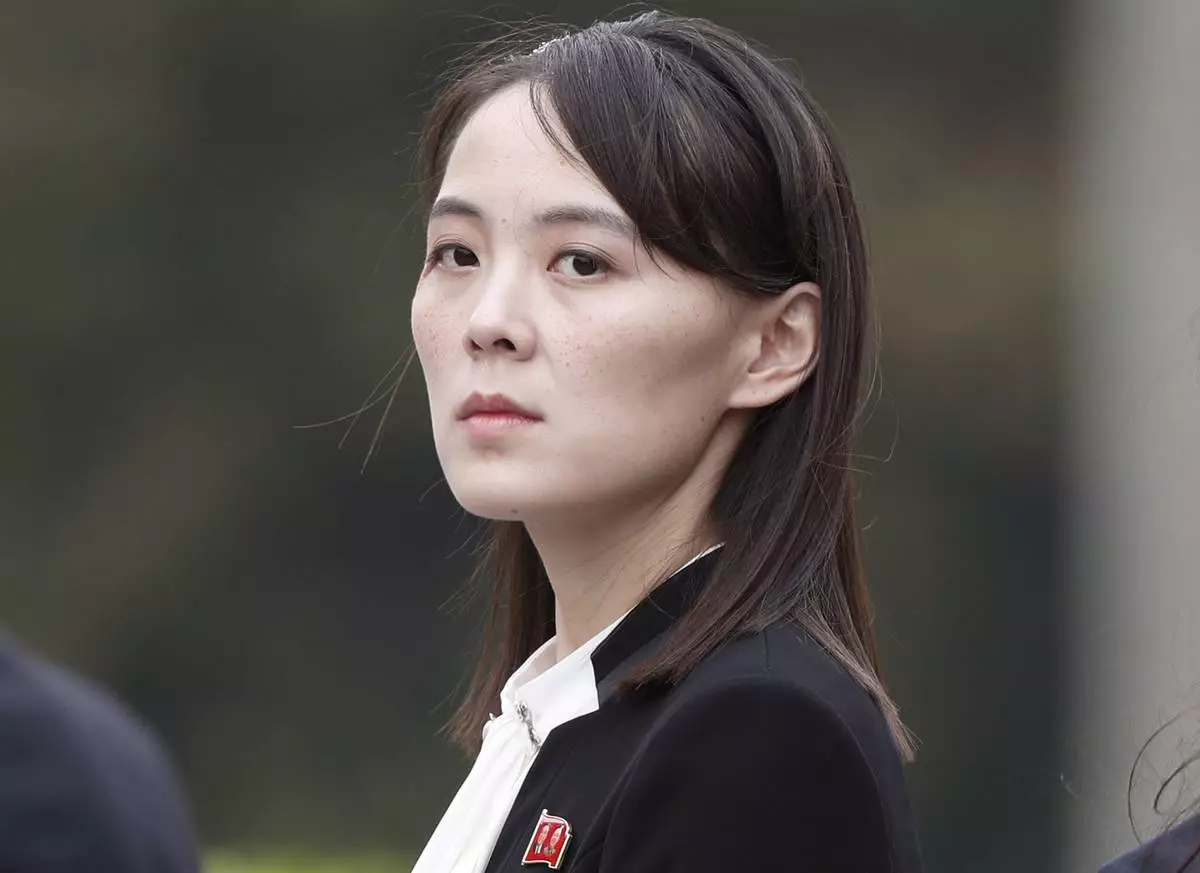
FILE - Kim Yo Jong, sister of North Korea's leader Kim Jong Un, attends a wreath-laying ceremony at Ho Chi Minh Mausoleum in Hanoi, Vietnam, March 2, 2019. A high-level North Korean economic delegation is traveling to Iran for what would be the two countries’ first talks since the start of the COVID-19 pandemic, as the heavily sanctioned nations align in face of their separate confrontations with the United States. (Jorge Silva/Pool Photo via AP, File)
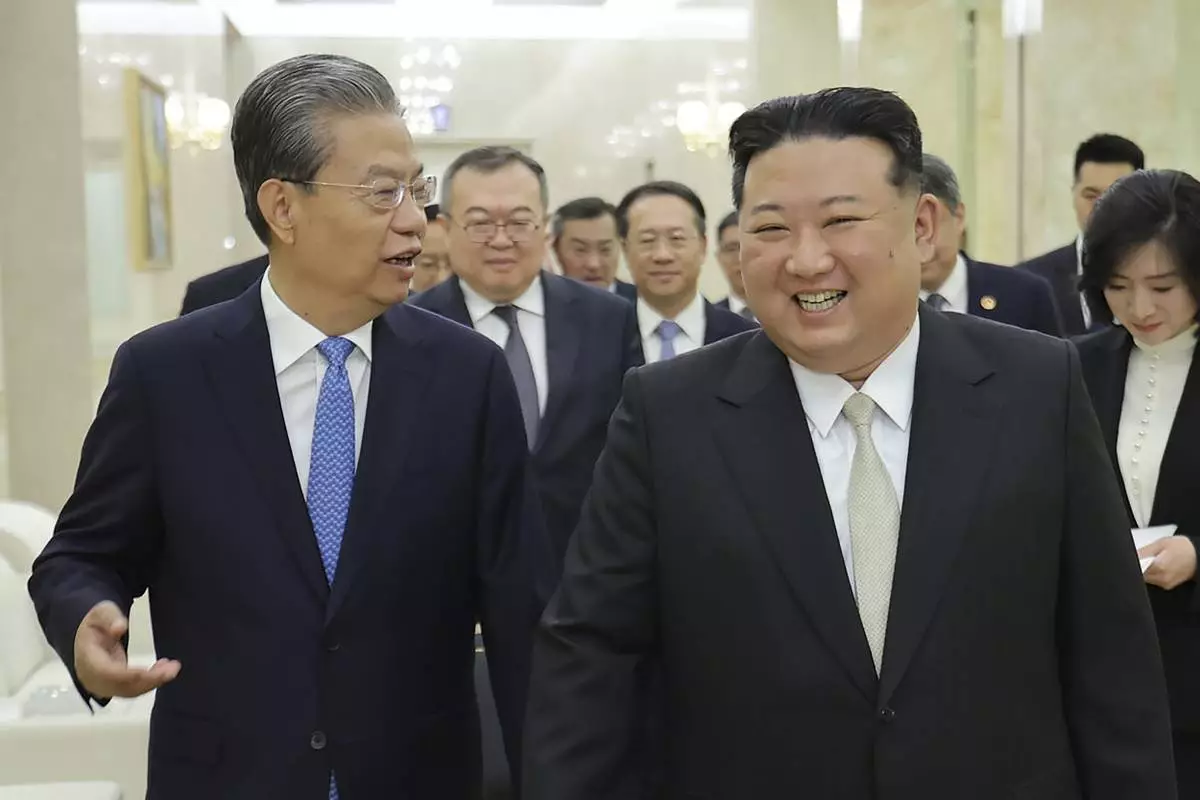
FILE - In this photo provided by the North Korean government, North Korean leader Kim Jong Un, right, meets Zhao Leji, chairman of the National People's Congress of China, in Pyongyang, North Korea on April 13, 2024. Independent journalists were not given access to cover the event depicted in this image distributed by the North Korean government. The content of this image is as provided and cannot be independently verified. (Korean Central News Agency/Korea News Service via AP, File)


